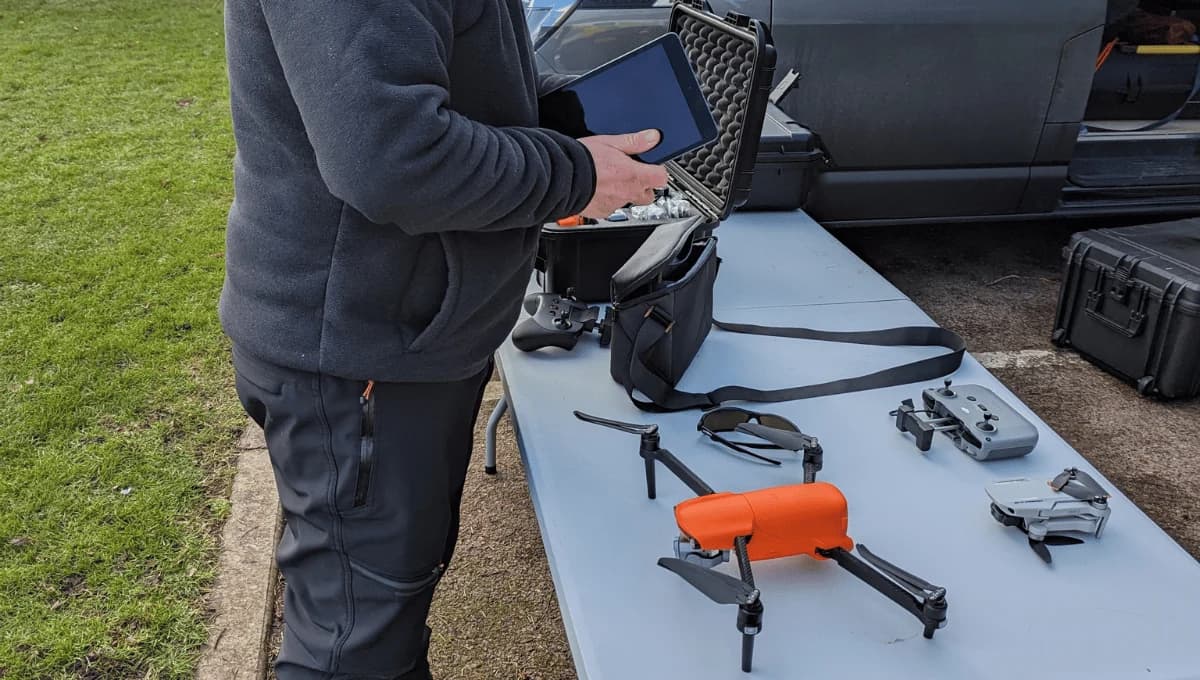
The truth is, you only need one of two qualifications to fly drones professionally in the UK, but as a licensed drone pilot, I can tell you the GVC is the key that unlocks proper commercial work.
The real difference isn't just the practical flight test; it's creating a detailed Operations Manual that the CAA has to approve, which dictates every aspect of how you're allowed to fly.
Whether you're a hobbyist thinking of going pro or an aspiring professional planning a career, this guide will give you the insider's view on what's required, what it costs, and which path makes the most sense for your ambitions.
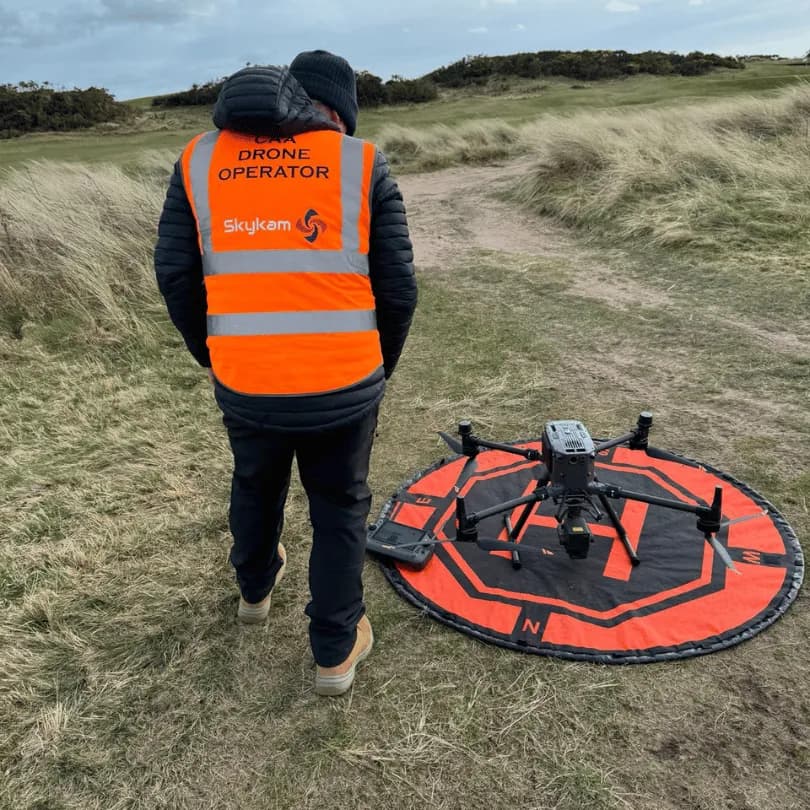
30 Second Summary
- Drone pilots flying sub-250g models recreationally need no formal qualifications but must follow basic UK drone laws
- Commercial pilots require either an A2 Certificate of Competency (A2 CofC) or General Visual Line of Sight Certificate (GVC
- The A2 CofC suits pilots flying drones under 2kg, allowing operation at least 30m from uninvolved people
- The GVC enables more advanced commercial operations, including flying in congested areas and Specific category operations
- All drone pilots with camera-equipped drones must register with the CAA regardless of qualification level
You need a GVC drone licence for most commercial drone flying in the UK
A General Visual Line of Sight Certificate (GVC) is the primary qualification you'll need for commercial drone operations in the UK. This licence enables you to fly drones commercially in the Open A2 and Specific categories under the Civil Aviation Authority (CAA) regulations.
To obtain your GVC, you must complete both theoretical and practical assessments. The theory component covers drone laws, meteorology, flight planning, and operational procedures.
I found the air law section the most intensive, but it's crucial for understanding where you can and can't fly safely.
You'll then need to pass a practical flight assessment demonstrating your ability to operate your drone safely.
My best tip for the practical is to practice your emergency drills until they're second nature; it's what the examiner really wants to see.
Once certified, you must register as an Operator with the CAA and receive an Operator ID. Your GVC qualification remains valid for five years, after which you'll need renewal. Remember that different drone weights and operational scenarios may require additional permissions beyond the standard GVC licence.
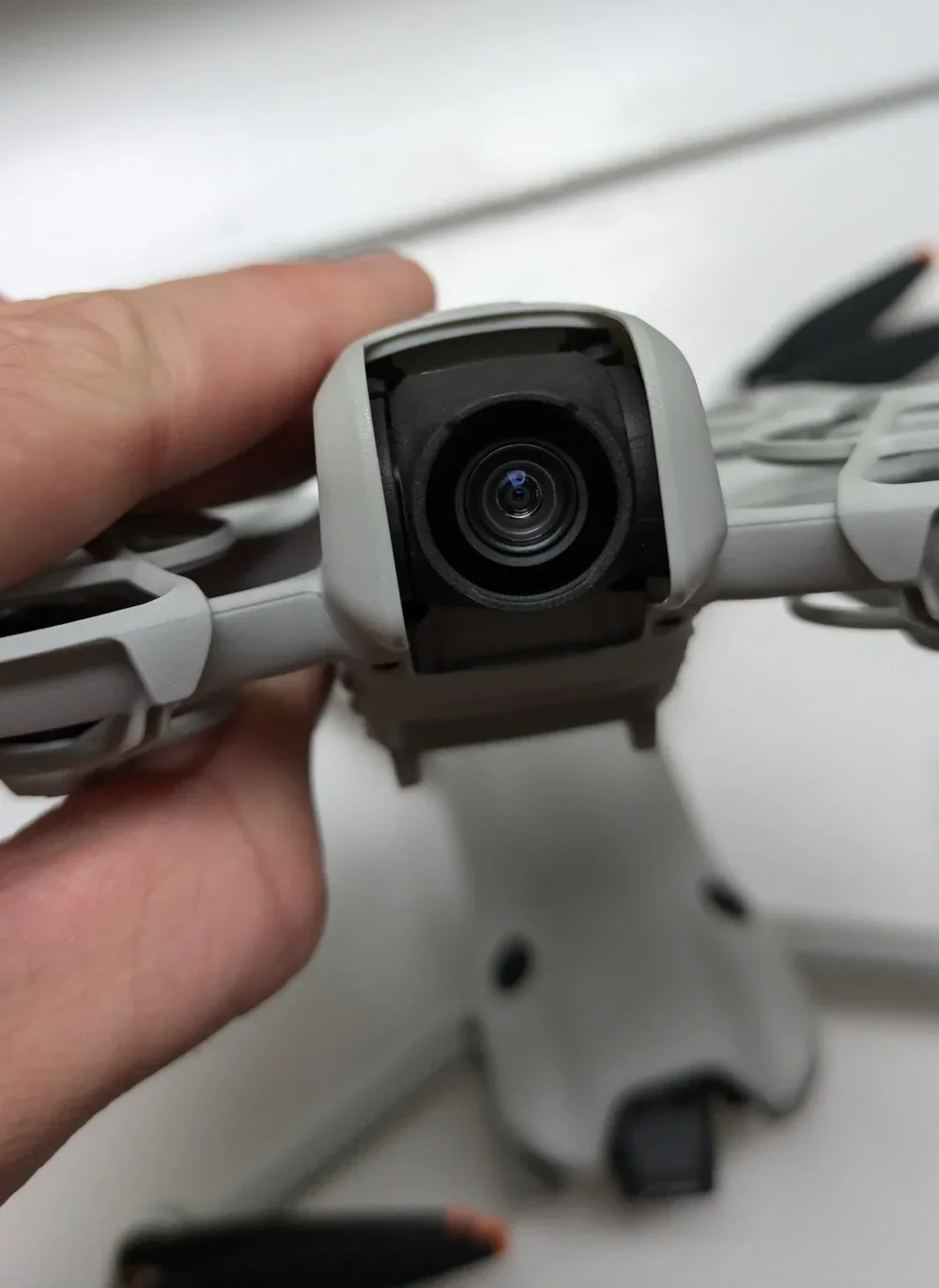
Operator ID vs. Flyer ID: What's the Difference?
A common point of confusion for new drone pilots is the difference between an Operator ID and a Flyer ID.
Flyer ID: Anyone who wants to fly a drone must pass a free online theory test to get a Flyer ID. This proves you understand the basic safety rules.
Operator ID: The person responsible for a drone must register with the CAA to get an Operator ID. This costs a small annual fee and the ID number must be clearly displayed on every drone you're responsible for. You must be 18 or over to be an operator.
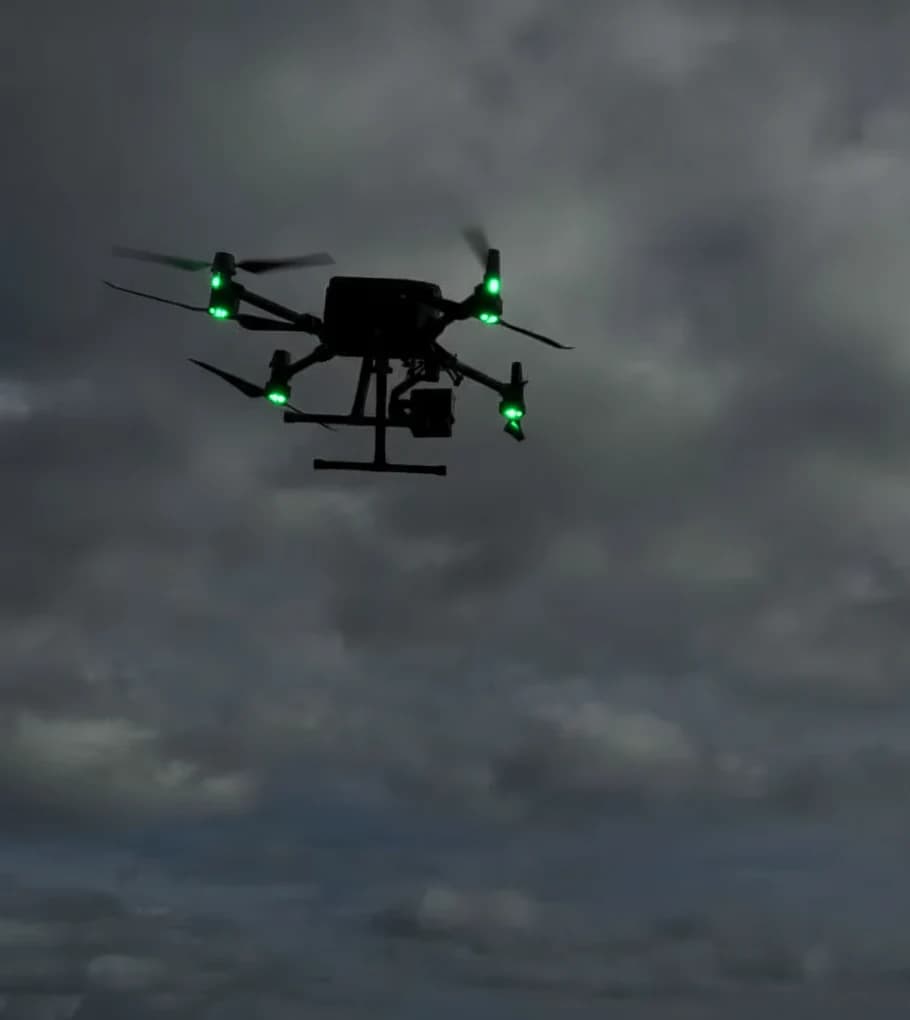
The A2 CofC is for lower-risk flying, while the GVC covers advanced operations
While the GVC opens up commercial flying opportunities, it's important to understand how it differs from the other main UK drone qualification.
The A2 Certificate of Competency (A2 CofC) allows you to fly in the A2 Open Category - essentially operating drones weighing less than 2kg in lower-risk scenarios, keeping at least 30 metres from uninvolved people.
The GVC, however, covers advanced operations in the Specific Category. You'll need this qualification to fly in congested areas, close to people, or beyond visual line of sight (with additional permissions). It involves more comprehensive training, including flight planning, risk assessment, and emergency procedures.
Your choice between these qualifications should depend on your intended operations. For simple, lower-risk commercial work with smaller drones, the A2 CofC may suffice.
However, my advice is to go for the GVC if you're serious about commercial work. It felt like a bigger step, but it opened up far more opportunities and future-proofed my qualifications, meaning I didn't have to retrain when a bigger, more complex job came along.
For complex operations, the GVC is essential.
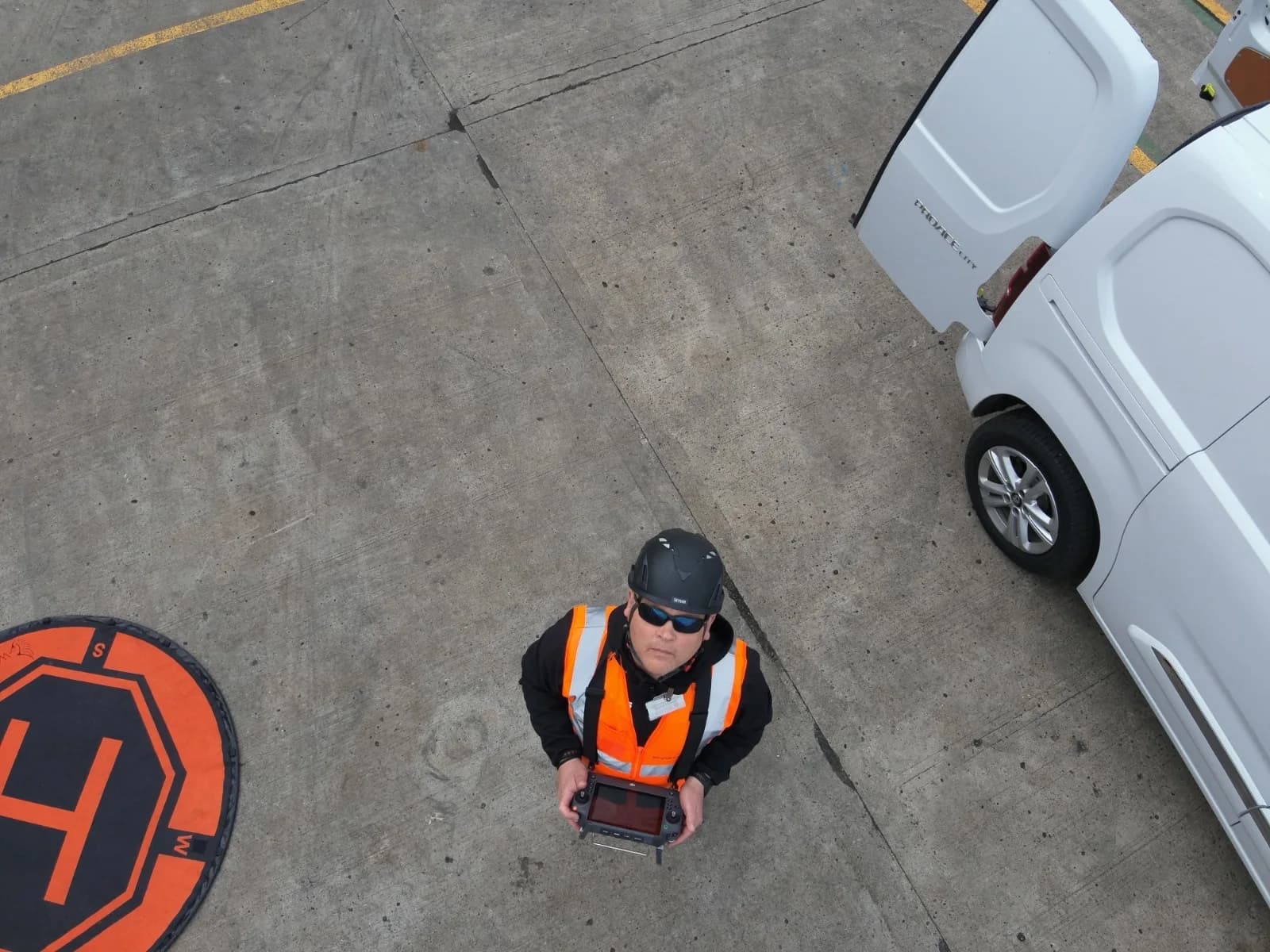
A2 CofC vs. GVC: A Quick Comparison
Feature | A2 Certificate of Competency (A2 CofC) | General Visual Line of Sight Certificate (GVC) |
|---|---|---|
Primary Use | Lower-risk commercial & recreational flying | Comprehensive commercial operations |
Drone Weight | Typically under 2kg | Drones of various weights (including >2kg) |
Flight Category | Open A2 Subcategory | Specific Category |
Proximity Rules | Min. 30m from uninvolved people | Can fly closer to people & in congested areas (with authorisation) |
Training | Theory test only | Theory test & practical flight assessment |
Validity | 5 years | 5 years |
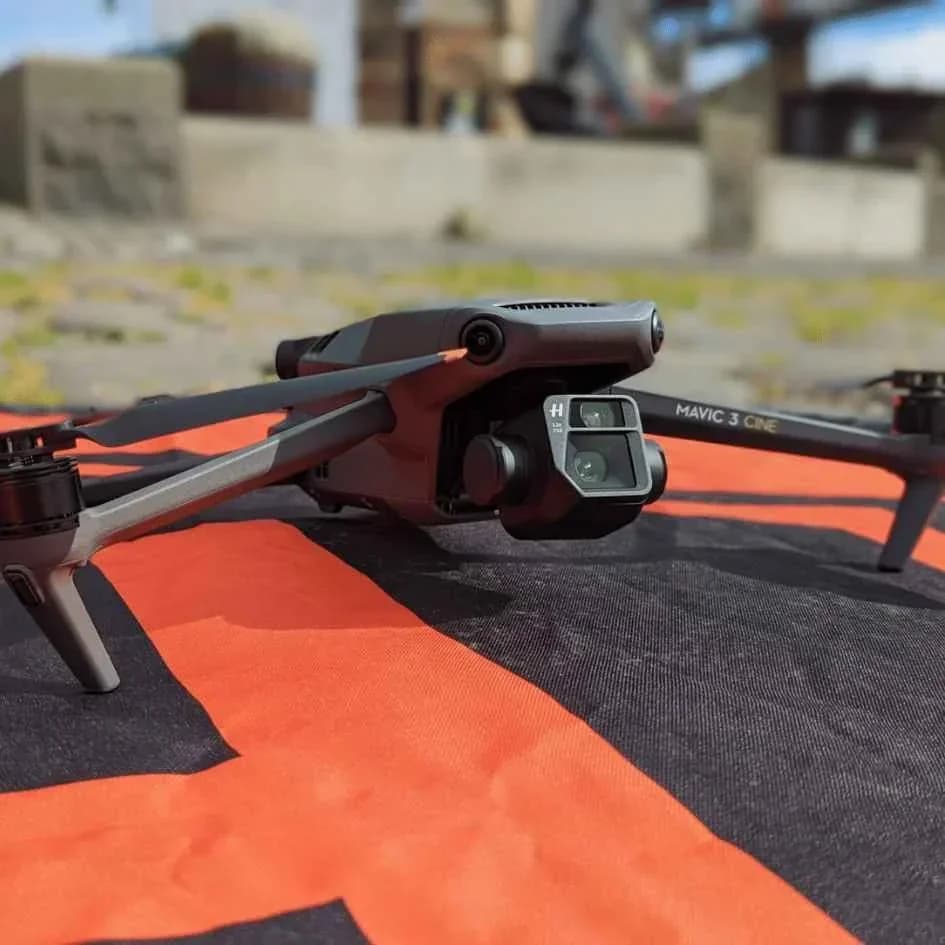
You must be at least 16 years old to hold most UK drone qualifications
Beyond the financial commitment, age restrictions represent a significant entry requirement for UK drone pilots.
You must be at least 16 years old to obtain an A2 Certificate of Competence (A2 CofC) or General Visual Line of Sight Certificate (GVC), which are the primary qualifications for commercial operations.
For younger enthusiasts, there's still a path forward. If you're under 16, you can fly drones weighing less than 250g without formal qualifications, though you'll still need to follow the Drone Code safety guidelines.
Additionally, you can register as a flyer at age 12, but you'll need a responsible adult (18+) to register as your operator until you turn 18.
These age requirements ensure drone pilots have the maturity and judgment necessary to operate drones safely in UK airspace.

UK drone pilot training typically costs between £150 and £1,000 depending on certification level
Many prospective drone pilots are surprised by the varying training costs across the UK.
At the lower end, you'll find A2 Certificate of Competency (A2 CofC) courses starting around £150-£200, which provide the basic qualification for flying drones in the A2 subcategory.
For more comprehensive training, the General Visual Line of Sight Certificate (GVC) typically ranges from £500 to £750. This qualification enables you to perform more complex operations and apply for Operational Authorisation from the CAA.
Specialized courses with additional practical flight training or industry-specific modules (like surveying or cinematography) can push costs toward £1,000.
It's easy to just look at the price, but I found that paying a little extra for a provider with strong post-course support was invaluable. The initial cost is an investment that quickly pays for itself once you start taking on professional work.
Many training providers offer packages that include exam fees, study materials, and ongoing support—these are the factors I'd recommend focusing on when comparing prices.
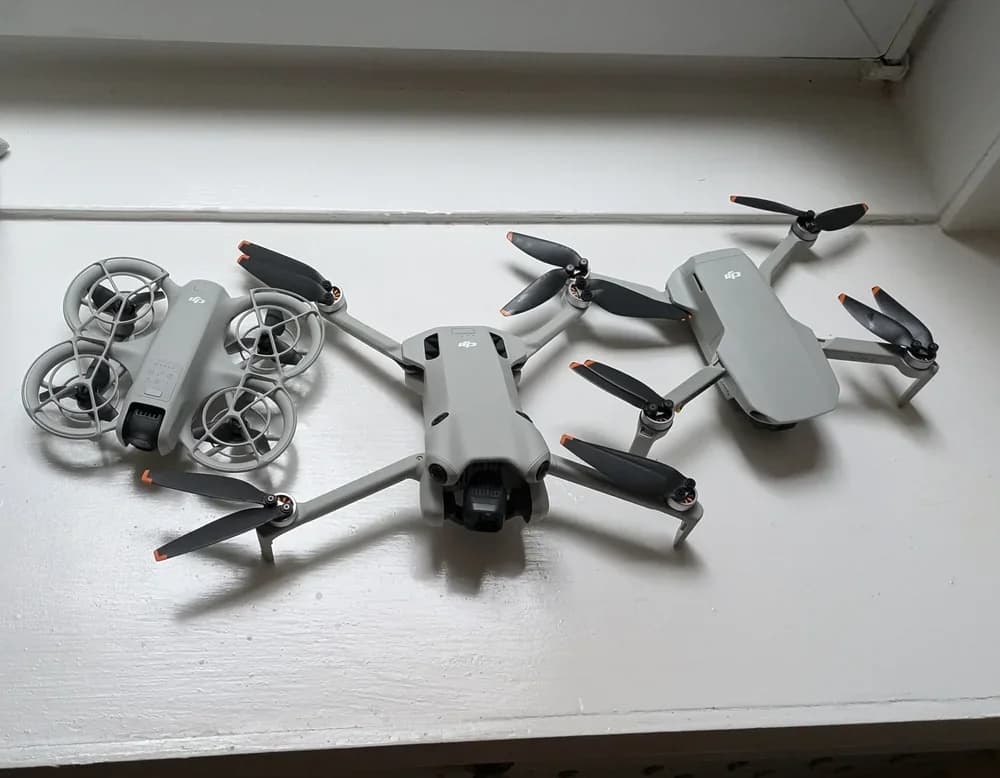
Hobby pilots with sub-250g drones don’t need formal training but must follow UK drone laws.
Hobby drone pilots operating drones under 250g enjoy a significant advantage in the UK regulatory landscape, as they're exempt from formal qualification requirements under the current sub-250g drone rules.
However, you're still legally obligated to follow the UK's drone laws.
These regulations include keeping your drone within visual line of sight, flying below the maximum flying height of 400 feet (120m), and maintaining a safe distance from people and private property. You can't fly near airports or in restricted airspace, and you must respect privacy laws when recording footage.
While you don't need a certificate, registering with the CAA is mandatory if your drone has a camera. You'll need to pay a small annual fee and display your operator ID on the drone.
Being familiar with the Drone Code is essential to ensure you're flying legally and responsibly. I've seen hobbyists fly dangerously close to people, and it's that kind of behaviour that gives all drone pilots a bad name and could lead to stricter rules for everyone.
Understanding the UK Drone Code
The Drone Code is a simple set of rules designed to keep everyone safe. Key points include:
Always keep your drone in sight.
Fly below 400ft (120m) to avoid other aircraft.
Keep at least 50m away from people.
Stay well away from aircraft, airports, and airfields.
Check for airspace restrictions before you fly using a drone safety app. I personally never launch without first checking an app like Drone Assist or NATS.
Frequently Asked Questions
How Long Does Drone Pilot Certification Typically Last Before Renewal?
Your drone pilot certification in the UK typically lasts for 5 years before requiring renewal. This applies to both the General Visual Line of Sight Certificate (GVC) and the A2 Certificate of Competency (A2 CofC).
You'll need to complete a refresher course and assessment when renewing to ensure you're up to date with current regulations and best practices in drone operation.
Can Foreign Drone Qualifications Be Used in the UK?
Foreign drone qualifications aren't automatically valid in the UK. You'll need to apply for verification through the Civil Aviation Authority (CAA).
The CAA will assess your foreign credentials against UK standards and may require additional training or assessments to ensure compliance with UK regulations.
For commercial operations, you must obtain a valid UK Operational Authorisation regardless of your foreign qualifications. It's best to contact the CAA directly for specific guidance.
Are There Medical Requirements for UK Drone Pilots?
Yes, there are medical requirements for UK drone pilots. You'll need to self-declare that you're fit to fly without risk to yourself or others.
For commercial operations (GVC qualification), you must meet the same medical standards as a LAPL pilot, which includes having adequate eyesight and being free from conditions that could cause incapacitation. Some conditions may require a medical certificate from an aviation medical examiner.
What Insurance Do Professional Drone Pilots Need?
As a professional drone pilot in the UK, you'll need public liability insurance at minimum, typically with coverage between £1-5 million, which is one of the key drone insurance requirements. This protects you against third-party claims for property damage or injuries caused by your drone.
Many of my corporate clients require proof of at least £5 million in coverage before I can even step on site, so I'd recommend not skimping here.
Consider adding equipment insurance to cover your drone against damage, theft, or loss while working—it has saved me from a very expensive mistake more than once.
How Quickly Can I Complete Drone Qualification Courses?
You can complete a basic GVC (General Visual Line of Sight Certificate) course in as little as 2-5 days, though you'll need additional time to prepare and pass your theory test.
Some providers offer fast-track options with online pre-learning followed by a single day of practical assessment.
My own took about two weeks from starting the theory to passing the flight test, and I'd recommend giving yourself that time to absorb the material properly rather than rushing it.
Your total qualification timeline typically ranges from 1-4 weeks, depending on your study pace and test scheduling.
What Is the Process for Registering with the CAA?
Registration is completed online through the CAA's website.
You'll first need to take and pass the 40-question Drone and Model Aircraft Registration and Education Service (DMARES) theory test to receive your Flyer ID. After that, you can pay the annual registration fee to be issued an Operator ID, which you must label on your drone.
Put Your Drone Qualification to Work
To fly drones commercially in the UK, you'll need either an A2 CofC for basic jobs or a GVC for comprehensive operations.
Once you're over 16, have completed the necessary training, and registered with the CAA, the next challenge is turning your new qualification into professional work. This is precisely the problem HireDronePilot solves.
As the UK's premier managed marketplace, we specialise in connecting businesses with verified professional drone pilots for hire, all of whom hold the GVC or A2 CofC certifications required for safe and legal operations.
We streamline drone services through competitive bidding, ensuring quality, compliance, and value for every aerial project across the United Kingdom.
Whether you're a newly qualified drone pilot ready to find work or a business needing certified expertise, visit https://hiredronepilot.uk/ to find your next project or pilot.
About the Author

Written by
Peter Leslie
Peter Leslie is a CAA-approved commercial drone pilot with 10+ years experience and over 10,000 flight hours. He holds the GVC and A2 CofC drone licences with full CAA Operational Authorisation. Peter is a member of ARPAS-UK, the UK's non-profit trade association for the drone industry. He founded HireDronePilot to connect UK businesses with qualified, insured drone operators.
Looking for More Drone Work?
Join the UK's leading network of professional drone pilots and grow your business.
Open Access
Bid on any job - all jobs open to all pilots
Grow Revenue
Access high-value commercial projects
Stay Busy
Fill your schedule with regular work
Related Articles
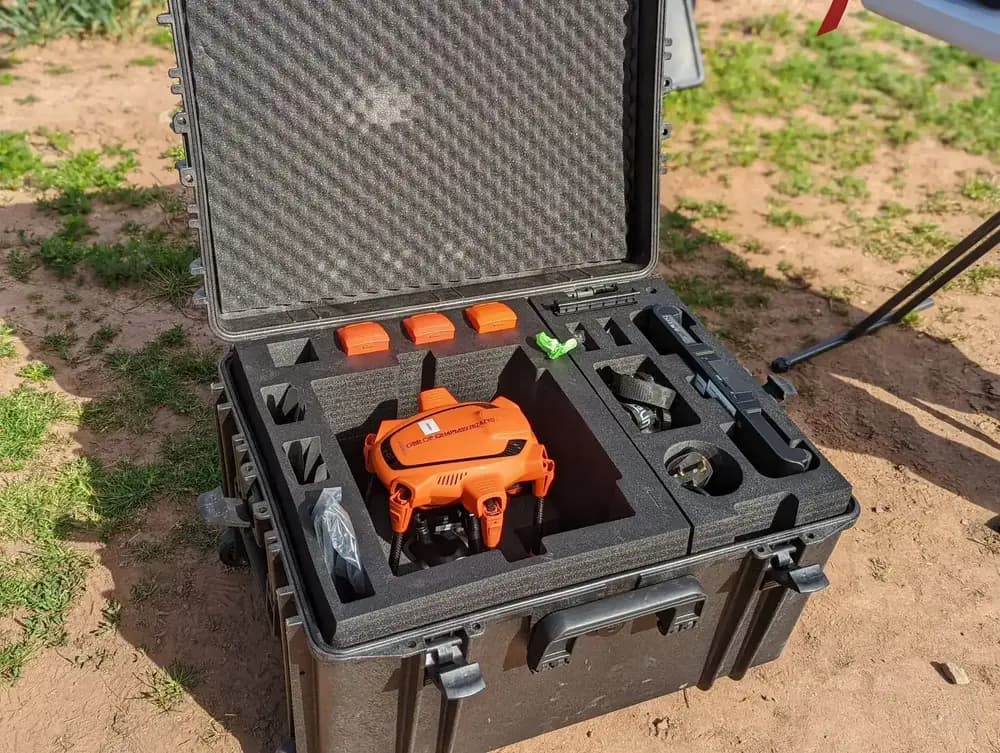
Our Drone Survey Service In Stirling, Scotland
Bringing you Stirling drone survey data from areas no one else can fly.

How Much Does A Drone LiDAR Survey Cost
Forecasting your drone LiDAR survey cost requires understanding what's hidden beyond the initial quote.
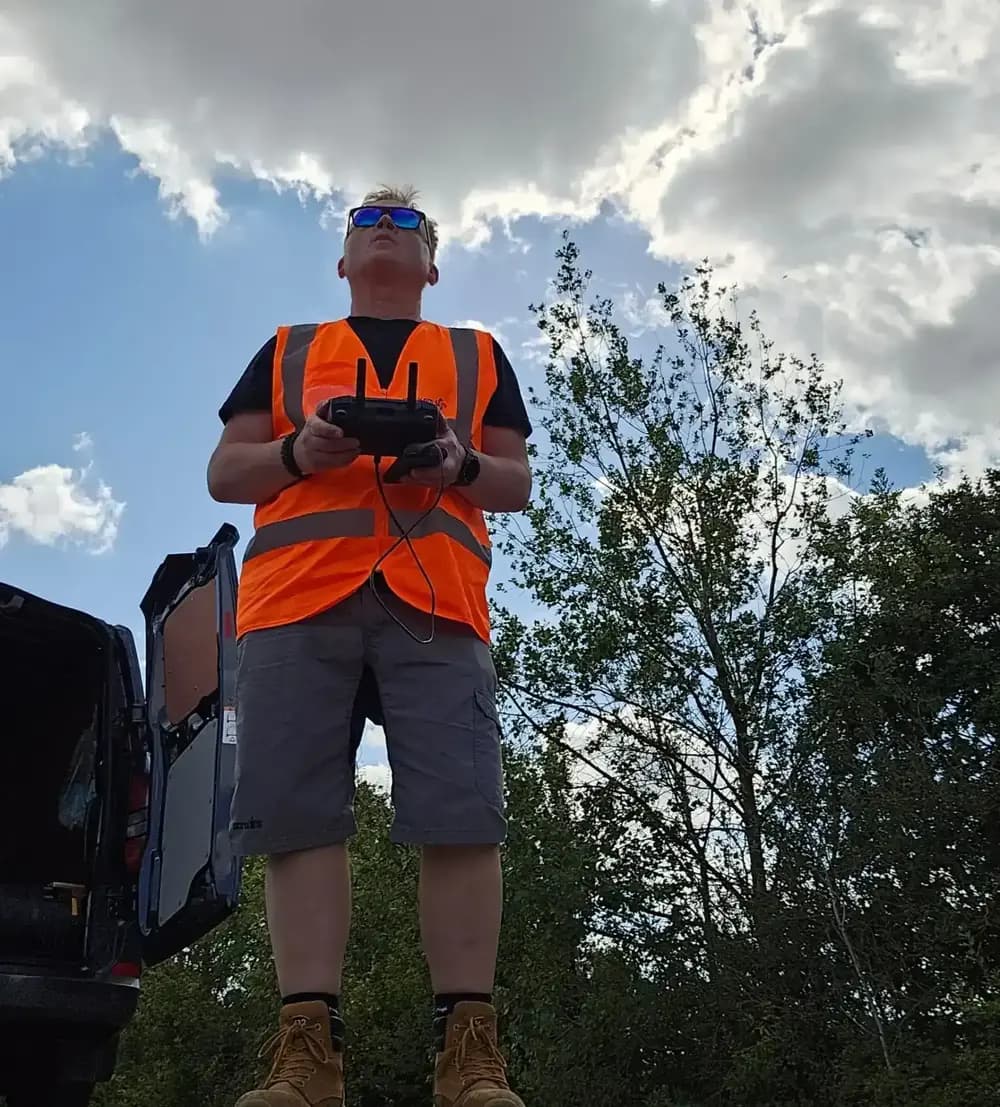
Step By Step Process Of Drone LiDAR Survey
Next, discover the crucial post-flight steps that determine your survey's success.
